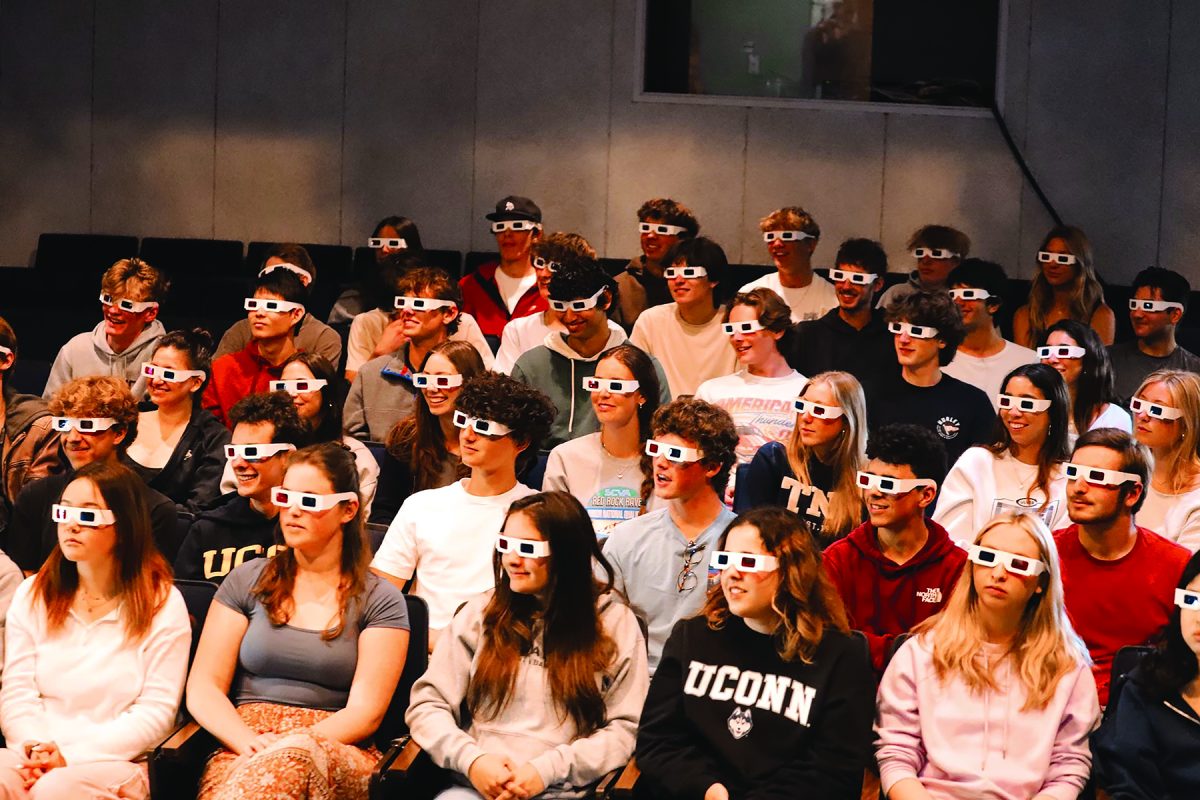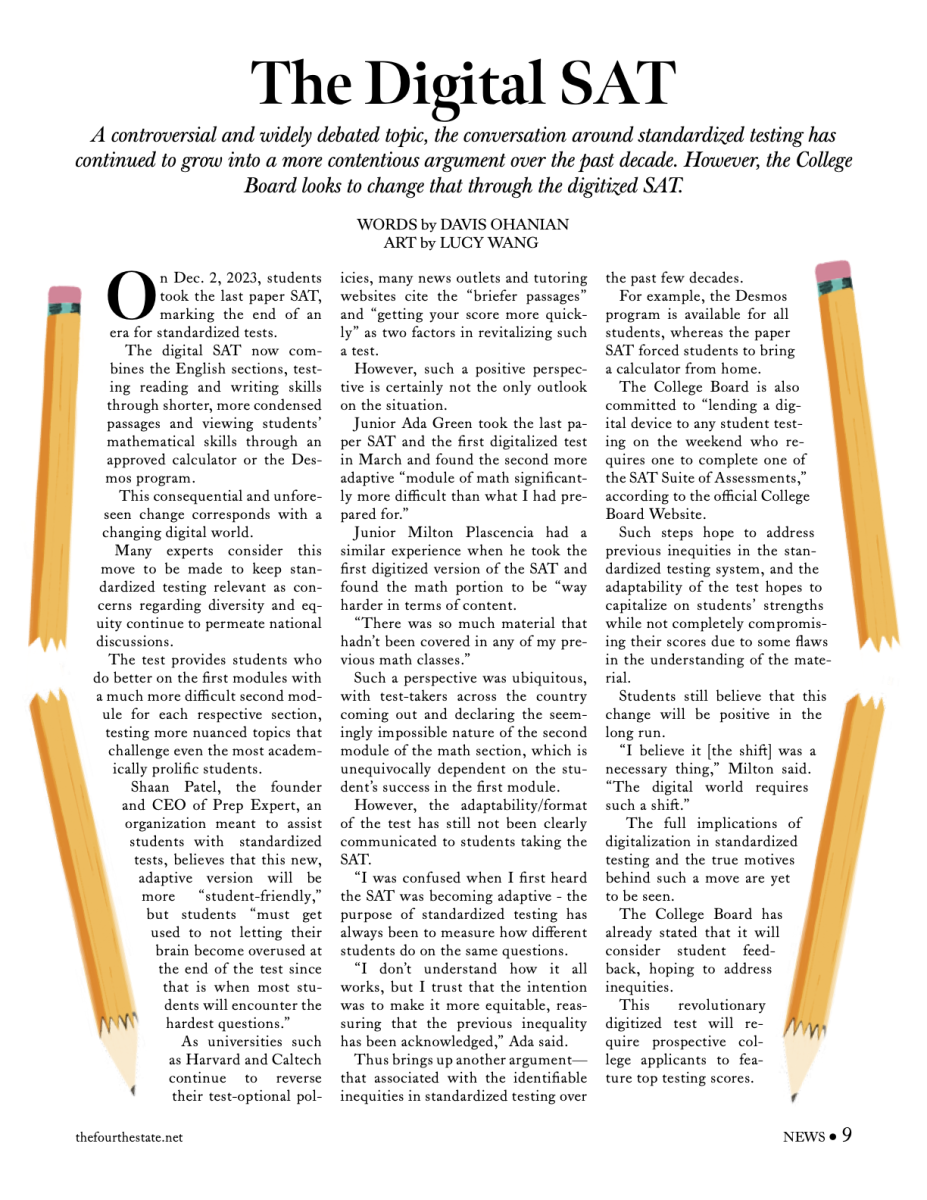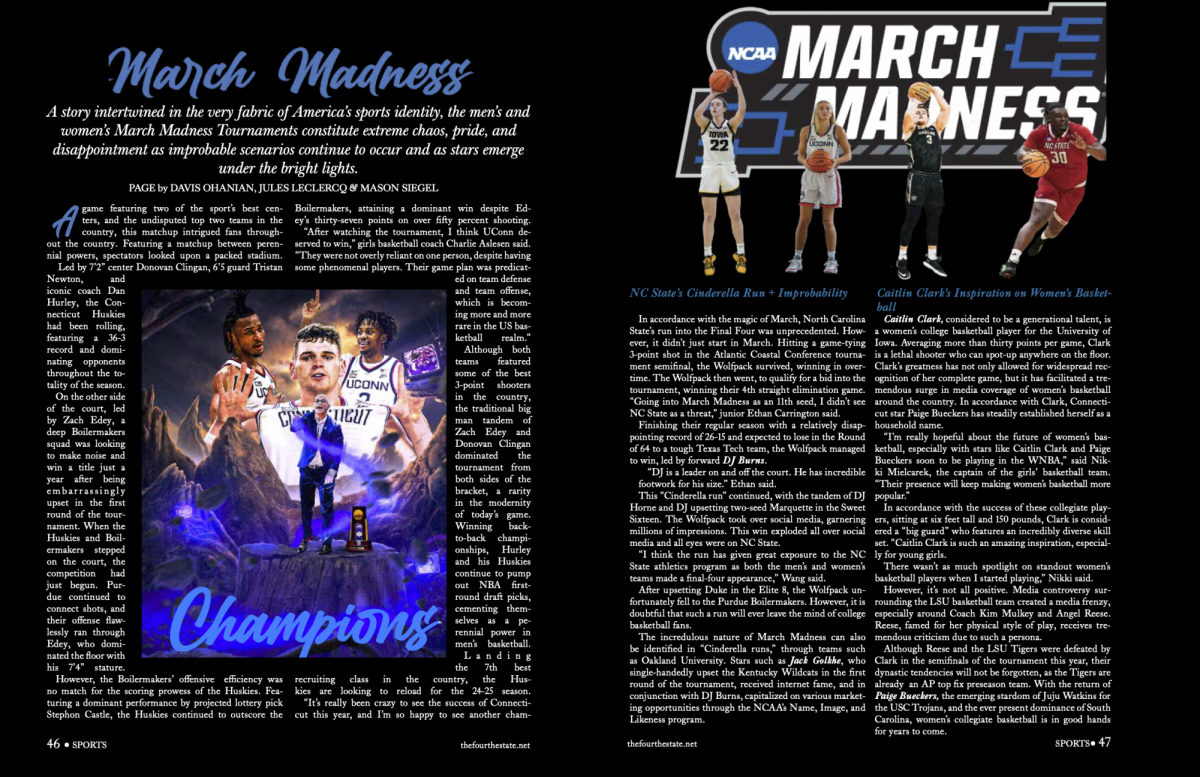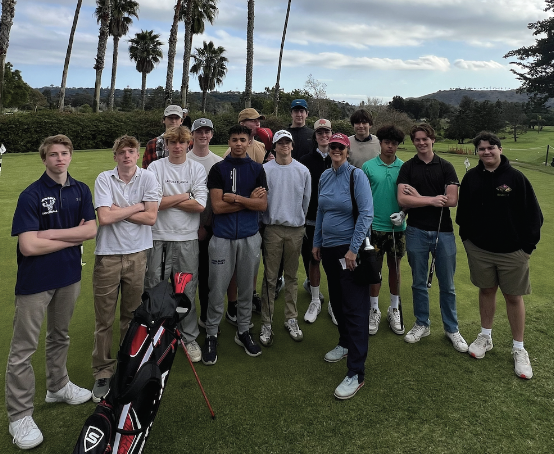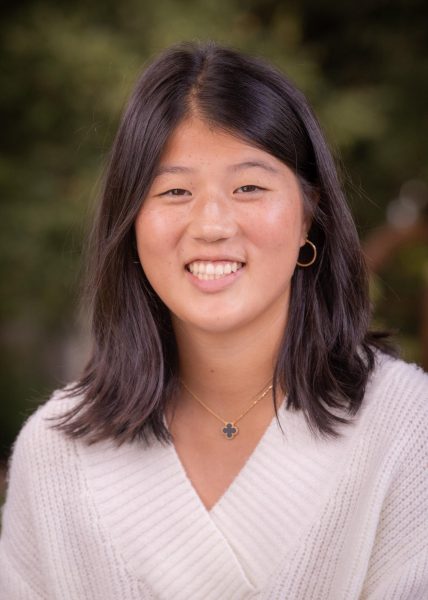Following an insurgence of attacks and protests stemming from extremism, a raging controversy over academic freedom focuses attention on universities’ handling the heated political debates of the Israel-Hamas war, leaving schools at a crossroads to decide what constitutes free speech.
“I think there is a difference between ‘free speech’ and ‘hate speech.’ I believe we are entitled to speak freely about our views – political and moral, but not free to slander others in a way that can only incite violence,” said English Department Chair Victoria Dryden.
Following the October 7th Hamas attacks, incidents of anti-Semitism and Islamophobia flood national news daily.
The war between Israel and Hamas forces school administrators to draw the line between deciding what might be deemed pro-Palestinian advocacy and what’s discrimination against the Jewish people.
Prestigious universities such as Harvard, the University of Pennsylvania (UPenn), and the Massachusetts Institute of Technology (MIT) continue to experience backlash amid pressure from donors, alumni, and students.
After a testimony during the congressional hearing with the U.S. House committee regarding anti-Semitism on college campuses, UPenn’s president, Liz Magill, announced her resignation.
In a recent poll conducted by the Anti-Defamation League and Hillel International, a Jewish outreach organization surveyed that 73% of Jewish college students experienced and observed antisemitic incidents since the outbreak of the Israel-Hamas war, which included vandalism, antisemitic emails, and threats of physical violence.
“Our university rejects terrorism. That includes the brutal atrocities perpetrated by Hamas,” President Gay said.
This statement came days after former Harvard board members publicly criticized Gay for not denouncing the student groups who wrote to “hold the Israeli regime entirely responsible for all unfolding violence,” causing her resignation in January.
Yet Gay stressed that “Our university embraces a commitment to free expression. That commitment extends even to views that many of us find objectionable, even outrageous. We do not punish or sanction people for expressing such views.”
According to the Foundation for Individual Rights and Expression, however, Harvard’s commitment to its promise of free speech is weak, as Harvard was rated the worst of 254 other colleges.
“I think protests are healthy and hearing alternative ideas on a college campus is part of academia or should be a part of academia.
That is free speech. However, when protests turn into something like ‘calling for the genocide of Jews’ as has happened on several college campuses as of late – there is a dangerous line crossed.”
Although private institutions are not directly bound by the First Amendment, which restricts government action, Jewish students do not receive protections in court and have experienced varying acts of anti-Semitism, such as receiving signed death threats.
In the testimony before the House committee, university leaders acknowledged the anti-Semitism and Islamophobia being birthed from the protection of free speech.
“It is important for students to discuss the war to understand the sides and perspectives better. I believe, however, that colleges have a duty to protect their students from hate speech and, more importantly, violence,” senior Dylan Charney said.
“Violence is not a part of freedom of speech, and schools must make that clear.”
According to the Supreme Court, the First Amendment does not protect physical threats as free speech.“Initiating conversations and cultivating the ability to actively listen to diverse perspectives are essential to our coexistence on this campus,” Yale junior Mitchell Kim said.
“As emerging leaders of the next generation, it is through these means that we strive to address the pressing issues confronting our world today.”



